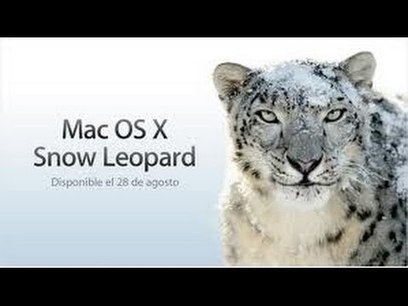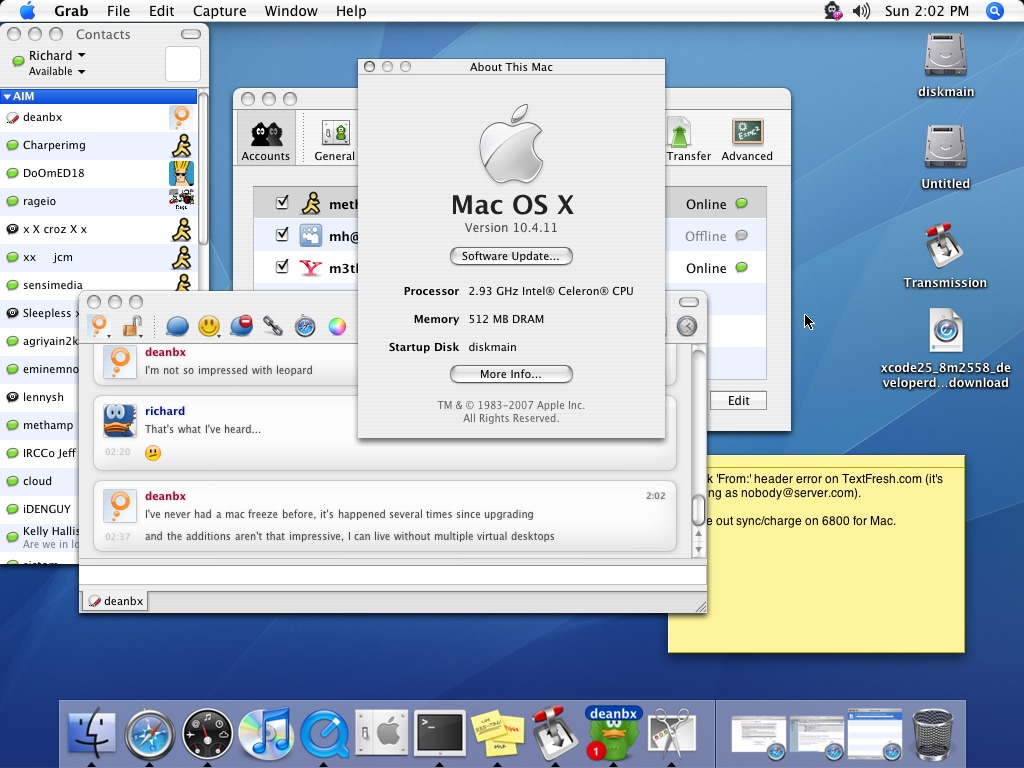The Osorio uses tracks of the Leopard 2 MBT. In August of 1989, it was formally announced by the Saudi Arabian government that the EE-T2 Osorio had won a tank competition held that year, defeating the M1A1 Abrams, AMX-40, and Challenger I. A contract for 340 Osorio’s worth US$7.2 Billion was written in that year. Frequency of melanism appears to be approximately 11% over the leopard's range. Data on the distribution of leopard populations indicates that melanism occurs in five subspecies in the wild: Indian leopard, Javan leopard, African leopard, Indochinese leopard (P. Delacouri) and Sri Lankan leopard (P. The wolf (Canis lupus), also known as the gray wolf or grey wolf, is a large canine native to Eurasia and North America.More than thirty subspecies of Canis lupus have been recognized, and gray wolves, as colloquially understood, comprise non-domestic/feral subspecies.

Leopard Torrent

Home >Tanks > Osorio


Main battle tank
The Osorio main battle tank did not entered service with Brazilian Army or any export operator |
Leopard Torrent
The Osorio main battle tank was developed during the mid-1980s by Engesa both for Brazilian Army and export customers. This MBT was developed as a private venture, with only little support from the government. Engesainvested over US $100 Million of its earnings into the project. This main battle tank was named 'Osorio' in honor of Manuel Luis Osório, the founder of the Brazilian Army's cavalry branch. A total of two prototypes were built. The first prototype was completed in 1985, the second followed in 1986. Generally it was a successful design, however due to the lack of funding it was not accepted to service with the Brazilian Army, which at one time had a requirement of 300 new main battle tanks. This MBT also received no production orders from export customers. Eventually the Osorio project was abandoned and Engesa went bankrupt. Currently Brazilian Army operates ageing M60 and Leopard 1 main battle tanks. The Osorio was designed especially to accommodate the limited infrastructure of Brazil. The combat weight of 43 tonnes was settled upon, as it was within the load capacity of the road bridges and overpasses in Brazil; likewise, the size constraint into which the Osorio was built allowed it to drive or be transported through Brazil's existing road and rail tunnels, as well as to fit onto available tank transporters and rail cars. As this infrastructure was comparable to that of much of the Developing World in the 1980s, it was thought that the Osorio would be ideal for export to these nations. The Osorio tank is fitted with composite armor at the front of the hull and turret. This armor is broadly similar to the British Chobham. It includes steel, aluminum, carbon fibers and ceramics. Though the Osorio's armor is very light, it is extremely strong, and was rated to defeat any anti-tank projectile over the frontal arc that was in service in 1986. Vehicle has automatic fire suppression and NBC protection systems. However it is considered that protection of this tank was inferior to most western MBTs of that time. The EE-T1 Osorio MBT, intended for Brazilian Army, was armed with a British Ordnance L7A3 105 mm rifled gun, and carries a total of 45 rounds of ammo for it. It fires APFSDS, HE, HESH, HEAT, APERS, WP, and canister rounds. The EE-T2 was intended for export customers and was armed with a more powerful French GIAT G1 120 mm smoothbore gun, but the ammunition is reduced to 38 rounds. It fires APFSDS and HEAT rounds. Both of these guns are fully-stabilized and manually loaded. The EE-T2 main battle tank has a hit probability of 80% at 2 km range against moving target. Secondary armament of the EE-T1 consists of two 7.62 mm machine guns. One of them is mounted coaxially, while another is placed on top of the roof. The EE-T2 is completed with coaxial 7.62 mm machine gun and 12.7 mm roof-mounted anti-aircraft machine guns. Vehicle has a crew of four, including commander, gunner, loader and driver. The Osorio main battle tank is powered by Dutch MWM TBD 234 diesel engine, developing 1 040 horsepower. It is coupled with the German ZF LSG300 automatic transmission, which is also used in the Leopard 2, K1, and C-1 Ariete. Engine and transmission are mounted in a single block and can be replaced within 30 minutes in field conditions. There is also an auxiliary power unit, which powers all systems, when the main engine is turned off. Vehicle has a British Dunlop hydropneumatic suspension system, which is also used in the Challenger 1 and Challenger 2. The Osorio uses tracks of the Leopard 2 MBT. Create bootable usb from mac. In August of 1989, it was formally announced by the Saudi Arabian government that the EE-T2 Osorio had won a tank competition held that year, defeating the M1A1 Abrams, AMX-40, and Challenger I. A contract for 340 Osorio’s worth US$7.2 Billion was written in that year. These tanks were to receive minor refits for improved performance in harsh desert environments, and were to be named the 'Al Fahd' in Saudi service. However, the contract was apparently never signed by both parties. This dilemma was worsened for Engesa in 1990, when it was forced to lay-off 3 000 employees and declare bankruptcy, but even this was dwarfed by a greater misfortune. In 1991, Saudi Arabia went back on their agreement, and ordered the M1A2 Abrams instead - a combination of positive media exposure of the M1A1, coupled with an already close relationship with Washington and a sizable war debt to the US, made the Saudi procurement of an M1 Abrams inevitable. Though Engesa continued to market the Osorio over the following years, the subsequent end of the Cold War resulted in sudden torrent of second-hand MBTs onto the global market, as the Industrialized World suddenly disgorged reserves of older tanks. Many of these could be had at scrap value, and even some Leopard 2s in storage were sold in the 1990s for as little as US$1 Million. Unable to compete in this environment, the Osorio project effectively ceased to exist before 1995. The Unit Cost of an EE-T2 Osorio is approximately $3.8 million, but it is no longer offered, and a future production run is likely impossible anyway. Variants Proposed model with a Russian 2A46 125 mm smoothbore gun (never built). Self-propelled howitzer, armed with the Austrian GHN-45 155 mm/L45 gun-howitzer. Engesa went out of business in the early 1990s, and Austrian company Noricum abandoned the GHN-45 howitzer production several years later. Not even the design of this vehicle was finalized, let alone any prototypes built. Self-propelled anti-aircraft gun (never built). Armored vehicle-launched bridge (never built). Armored engineering vehicle (never built). Additional information, as well as some images were sent us by BLACKTAIL Thank you Blacktail! Want to send us your own articles? Visit our guidelines for more information. | |||||||||||||||||||||||||||||||||||||||||||||||||||||||||||||
